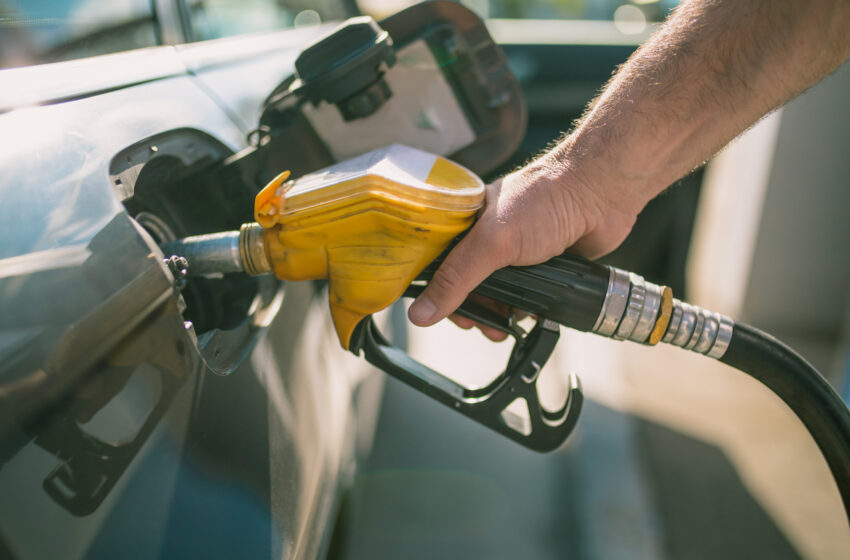Fuel prices fall across Nigeria: Will Dangote Refinery petrol price drop further?

Car refueling on petrol station. Man pumping gasoline oil. This photo can be used for automotive industry or transportation concept
A noticeable drop in global crude oil prices has triggered a wave of fuel cost reductions across Nigeria. With the Nigerian National Petroleum Company Limited (NNPC Ltd) trimming pump prices and Dangote Refinery cutting ex-depot rates to ₦840 per litre, Nigerians are asking: how low can prices go? This report breaks down recent developments, driving factors, and what consumers and policymakers should expect next.
Global Oil Slide Triggers Domestic Price Cuts
Crude prices recently retreated amid oversupply and weak demand, with Brent crude sliding around 1.5% to about $67–68 per barrel. Nigeria’s fuel pricing, which is sensitive to global benchmarks, responded swiftly. The result: NNPC slashed pump prices in several states, while private importers and the Dangote Refinery adjusted ex-depot prices to reflect the global trend.
NNPC Reduces Pump Price Across Regions
Following widespread pressure, NNPC Ltd implemented a ₦85–₦100 per litre cut at various retail outlets in states like Lagos, Abuja, and Port Harcourt. This marks the first coordinated price reduction since crude began cooling, signalling a more responsive domestic supply chain.
Dangote Refinery Cuts Ex‑Depot Price to ₦840
Dangote Petroleum Refinery has slashed its ex-depot petrol price by ₦40 to ₦840 per litre, down from ₦880. This aligns with its accelerated domestic distribution strategy using CNG-powered tankers. Industry insiders say this puts private-sector pressure on NNPC and downstream marketers.
Competitive Dynamics: Price War or Collaboration?
Analysts view the competing price cuts by Dangote and NNPC as a market price war, aimed at increasing affordability and diner competitiveness. However, some warn about potential monopolistic trends, urging stronger regulation to ensure fair pricing and consumer protection.
Impacts on Fuel Import and Nigerian Economy
Increasing local refining capacity, from Dangote and other modular plants, has reduced imports by over 50% year-over-year. Lowered reliance on foreign petrol not only eases foreign exchange pressure but also aligns with IMF advice to curb subsidy costs and improve fiscal outcomes.
Will Petrol Prices Drop Further?
With Brent crude trading around $65–68, further domestic price decreases seem possible. Dangote’s forthcoming nationwide distribution in August with 4,000 CNG-powered tankers could streamline supply and exert more downward pressure on ex-depot pricing.
Risks and Challenges Ahead
While price relief is welcome, risks loom. Inflation is hovering near 35%, and reduced oil revenues could strain government budgets. IMF advisers have urged Nigeria to maintain tight monetary policy and reinvest savings from reduced fuel subsidies into critical social programs.
Consumer and Policy Implications
For the average Nigerian motorist and local business, lower petrol prices mean immediate financial relief. For policymakers, it offers an opportunity to reallocate subsidy savings. However, it also requires careful monitoring of downstream competition and ensuring the reforms don’t compromise supply security or fiscal health.
Nigeria’s fuel-price adjustments, prompted by global crude declines, are delivering tangible benefits. Dangote’s aggressive ex-depot pricing and NNPC’s pump price cuts are reshaping market dynamics. With inflation and economic volatility in mind, sustained lower petrol prices will hinge on consistent crude trends, refining efficiency, and prudent economic management.

